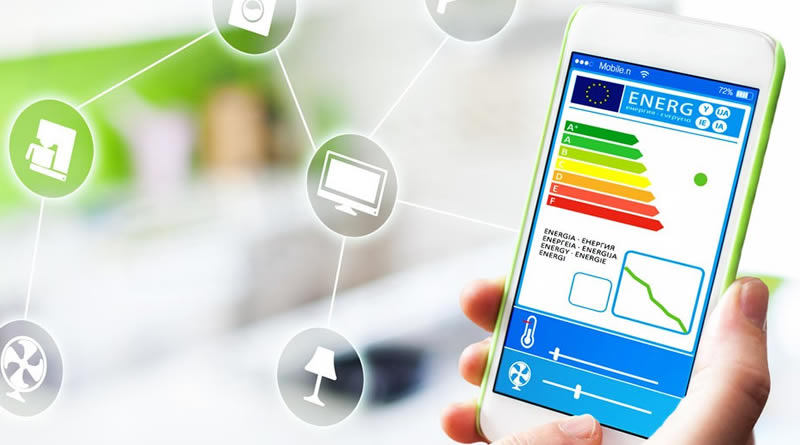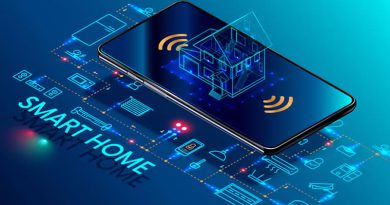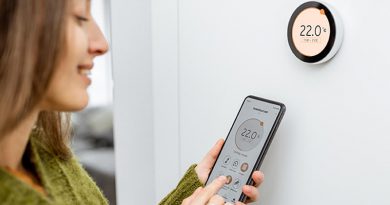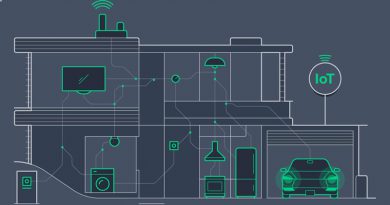Enhancing Energy Efficiency and Savings with Smart Homes
Smart homes are revolutionizing the way we live by offering a range of benefits, including enhanced convenience, security, and entertainment. One significant advantage that smart homes bring is the ability to improve energy efficiency and generate substantial savings. In this article, we will explore how smart homes contribute to energy efficiency and provide effective ways to save on energy consumption and costs.
Energy Monitoring and Automation
A key feature of smart homes is their ability to monitor energy usage and automate energy-consuming devices. Smart meters and energy monitoring systems allow homeowners to track their energy consumption in real-time and gain insights into where energy is being used. Armed with this information, homeowners can make informed decisions about energy usage and identify areas for improvement.
Smart home automation plays a crucial role in optimizing energy efficiency. By integrating devices such as smart thermostats, lighting controls, and smart plugs, homeowners can schedule and automate energy-consuming activities. For example, they can program the thermostat to adjust the temperature based on occupancy patterns or schedule lights to turn off automatically when no one is in the room. These automation features ensure that energy is used only when necessary, reducing waste and promoting efficiency.
Intelligent Energy Management
Smart home systems leverage artificial intelligence (AI) algorithms to analyze energy consumption patterns and provide intelligent recommendations for energy management. AI algorithms learn from historical data and user preferences to optimize energy usage and generate personalized energy-saving strategies. For instance, based on occupancy patterns, the system can suggest adjustments to heating and cooling settings, resulting in significant energy savings without compromising comfort.
Additionally, smart homes can integrate renewable energy sources, such as solar panels, to further enhance energy efficiency and reduce reliance on the grid. By monitoring energy production and consumption, homeowners can ensure that their renewable energy systems are utilized optimally, maximizing the benefits of clean energy and minimizing costs.
Energy-Efficient Lighting and Appliances
Smart lighting systems offer advanced features that contribute to energy efficiency. LED lights, which are highly energy-efficient, can be integrated with smart home systems to enable remote control, scheduling, and dimming. This level of control ensures that lights are only used when needed and at the desired brightness level, reducing energy waste.
Furthermore, smart homes facilitate the integration of energy-efficient appliances. Homeowners can choose smart appliances with energy-saving features, such as energy-efficient refrigerators, washing machines, and dishwashers. These appliances often have built-in sensors and algorithms that optimize energy consumption based on usage patterns and load requirements. By investing in energy-efficient appliances, homeowners can enjoy long-term energy savings.
Conclusion
Smart homes are transforming the way we use and manage energy, offering significant benefits in terms of energy efficiency and savings. Through energy monitoring, automation, intelligent energy management, and the use of energy-efficient devices, homeowners can optimize their energy consumption, reduce waste, and lower energy costs. The integration of renewable energy sources further enhances the environmental sustainability and long-term financial advantages of smart homes. Embrace the power of smart home technology, and enjoy a more energy-efficient and cost-effective lifestyle.




